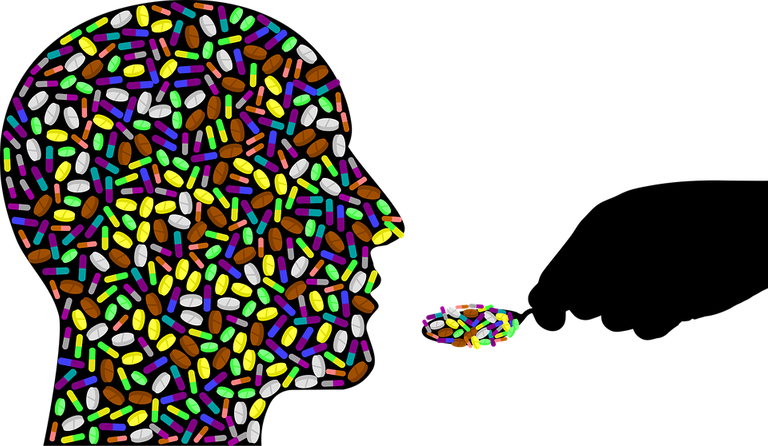Can Meditation Help Opioid Patients Cope With Pain?

Researchers from North Carolina, Utah, and other regions, recently reviewed dozens of randomized clinical trials that involved thousands of patients, in an effort to investigate the connection between mind-body therapies like meditation, and the potential of those therapies to help reduce pain and offset opioid use.
The results have been published in the journal JAMA Internal Medicine and the results suggest that mind-body therapies like meditation might be able to potentially help alleviate pain for some patients and even help to reduce their opioid use.
For thousands of people who are struggling with an opioid addiction and who might be looking for alternative methods to help them cope, this is great news.
Researchers discovered that a variety of mind-body therapies offered benefit: hypnosis, meditation, mindfulness, therapeutic suggestion, and cognitive-behavioral therapy.
Overall, researchers saw dramatic decreases in pain severity for individuals who engaged in those therapies. These are therapies that researchers suggest can be easily integrated into our lives on a daily basis.
It's a small change to make for something that might potentially help to reduce opioid abuse and use, along with helping to potentially fuel a variety of other benefits.

"Meditation involves practices, such as mindfulness, to cultivate present-moment focused attention and meta-awareness, as well as acceptance of thoughts, emotions, and body sensations,... Hypnosis involves induction of an altered state of consciousness in which focused attention and reduced peripheral awareness enhance the capacity for responding to suggestions for changing thoughts, emotions, and sensations." - the study reads
Previous research on mindfulness and meditation has shown that these practices can help to reduce stress, decrease anxiety, improve brain activity, boost energy levels, and ultimately it can even alter your genes.
Though there are many benefits said to be associated with mindfulness, meditation, and other mind-body therapies, that doesn't mean that there aren't risks involved though.
With meditation, several people have reported suffering negative and unpleasant experiences for example, with their meditation practice and for this reason caution is urged for anyone considering becoming involved with such mind-body therapies.
Pics:
pixabay
The information that is posted above is not intended to be used as any substitute for professional medical advice, or diagnosis or treatment. The above is posted for informational purposes only.

Okay... their definition of "meditation" is whacked.
And do to that, their results seem to be just as whacked.
i would describe meditation as a tool, the tool, to work with your mind.
And once you are actually working with your mind you can change things.
And stopping pain is a change.
But we really need to see which categories of pain we are talking about.
However allopathic medicine doesn't even believe in the categories that are used to define it... so... blah.
In the end, all pain can be cured with meditation.
But really, meditation is just the first step.
@doitvoluntarily, Definitely it's a great news because people face diversified Addictions and if people get Natural Solutions then it's a blessing in a way. Stay blessed.
Posted using Partiko Android
agree, thanks for your comment :)!
Welcome and thank you. 🙂
No doubt ! The mind , either by prayer or by medication do affects the body mechanism, which include pains , health etc.
It is advised that we engage in different form of mind control programmes. Mine have been routine prayer communication with God!
Yes, I am living proof meditation can not only heal physical pain but also mental and emotional trauma!
I have a guided meditation video I am posting on my page.
Yes, meditation and cannabis can really help opioid addicts!
Posted using Partiko iOS